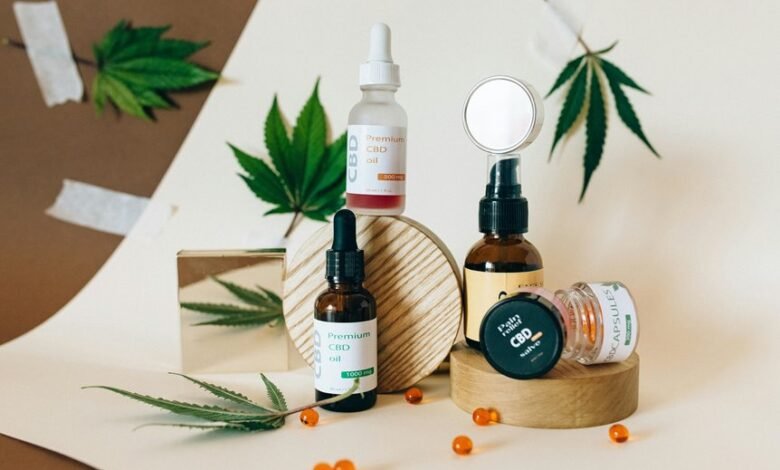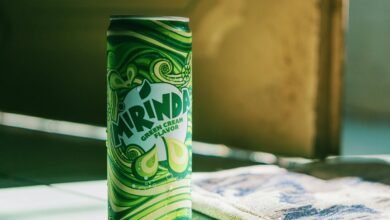Cbd What Is It

Cannabidiol, commonly known as CBD, is a compound derived from the Cannabis sativa plant. Unlike its more famous counterpart THC, CBD is non-psychoactive, meaning it does not produce a high. This distinction has led to a surge in interest regarding its potential health benefits, such as pain relief and anxiety management. However, the legal status and effectiveness of CBD can vary significantly. What implications does this have for users?
Understanding CBD: The Basics
Cannabidiol, commonly known as CBD, is a naturally occurring compound found in the Cannabis sativa plant. Its legality varies globally, often leading to misconceptions and CBD myths.
While some believe it causes intoxication, CBD is non-psychoactive. Understanding its legal status and debunking common myths is essential for those seeking to explore its potential benefits freely and responsibly.
The Science Behind CBD
The intricate workings of CBD involve its interaction with the endocannabinoid system (ECS), a crucial regulatory network in the human body.
Recent CBD research advancements highlight the importance of CBD molecular interactions, revealing how cannabinoids influence various physiological processes.
Potential Benefits of CBD
Numerous studies suggest that CBD may offer a variety of health benefits, making it a topic of significant interest in both the medical community and among consumers.
Prominent among these benefits are pain relief and anxiety reduction, which have led many individuals to explore CBD as a natural alternative to conventional treatments.
Its potential to enhance overall well-being continues to attract attention and research.
How to Use CBD Products
When considering how to use CBD products, individuals should first assess their specific needs and preferences, as various forms of CBD are available on the market.
Effective application methods include oils, capsules, edibles, and topicals.
It's essential to follow dosage guidelines, starting with a low dose and gradually increasing as needed, to find the optimal balance for personal wellness goals.
Conclusion
In summary, cannabidiol (CBD) offers a promising array of potential health benefits and is increasingly recognized for its therapeutic properties. However, as its popularity grows, individuals must consider the legal complexities and varying product quality. With such diverse applications, one might ponder: is CBD the key to unlocking a new realm of wellness, or merely a trend? Understanding its fundamentals is essential for anyone seeking to incorporate CBD into their health regimen responsibly.






